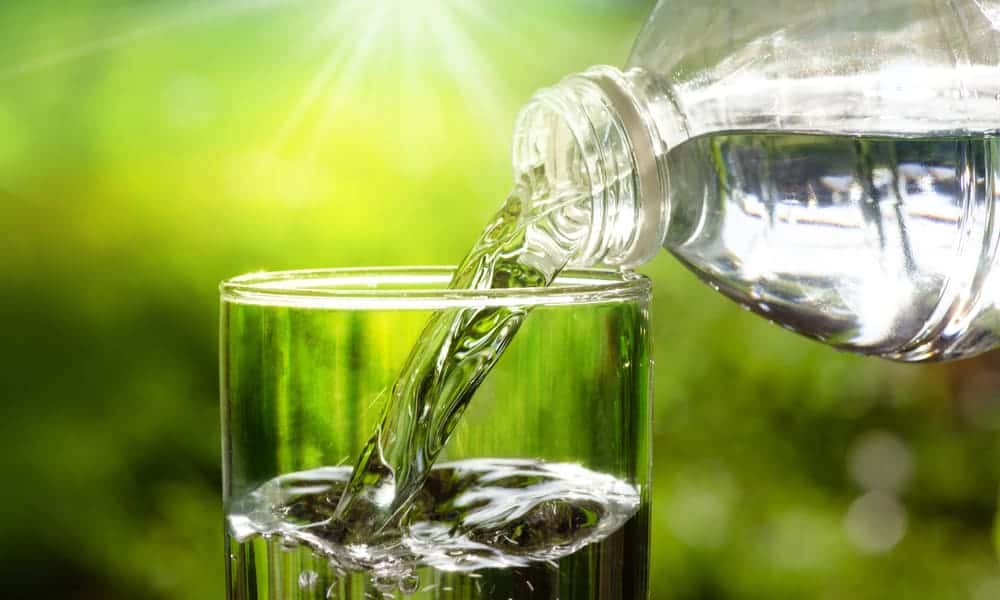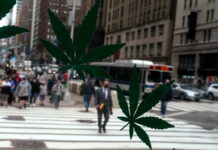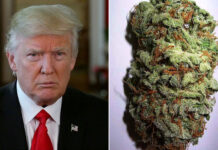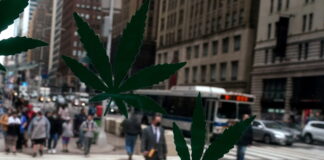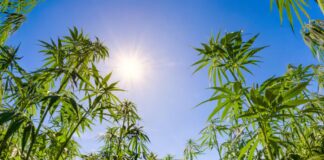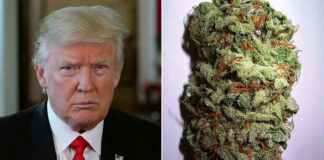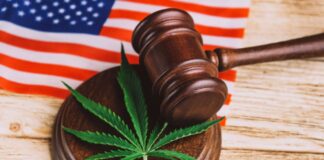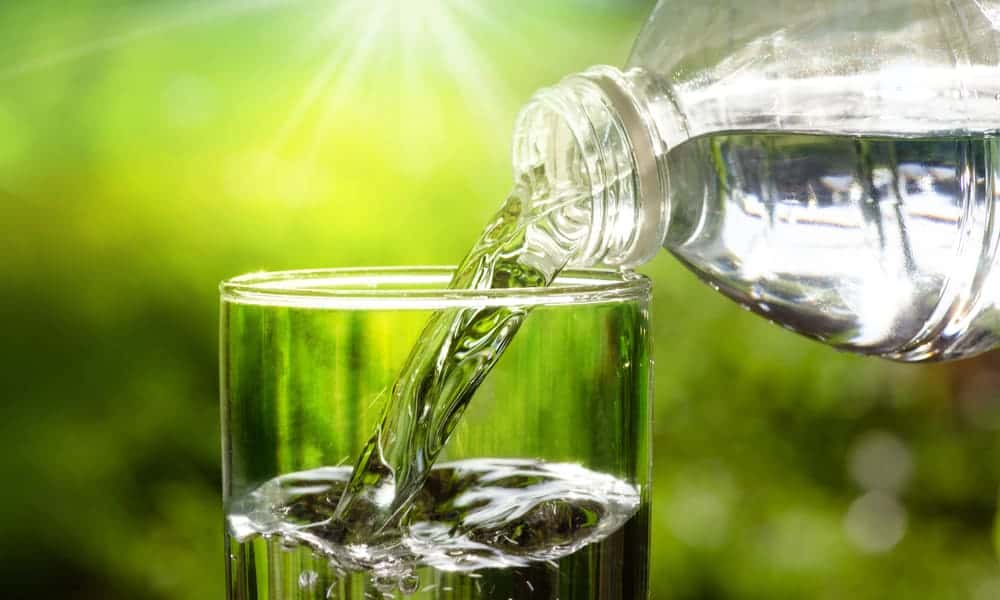
Police in Alabama say a bottle of CBD-enhanced water on sale at gas stations tested positive for THC. The company that makes that water, CBD Cure, says that’s next to impossible. But a Facebook post the Summerdale Police Department put up May 15 shows THC field tests turning red due to the presence of the psychoactive cannabinoid. So either the test is faulty, or CBD Cure needs to find a new lab to better test their products. Then again, federal law states CBD products can contain up to 0.03 percent THC without violating the Controlled Substances Act. And if CBD Cure uses whole-hemp extract to source the cannabidiol for its water, that could be exactly what happened.
How Does THC-Free CBD Water Tests Positive for THC?
“Just an FYI,” Summerdale Police wrote on a May 15 Facebook post, “we tested random CBD water from a local gas station that claims there is no THC in it, only CBD oil, and it failed 2 field tests.”
But police admitted the tests don’t tell them how much THC is in the CBD water. It only alerts them to the presence of THC. But in a photograph, police compared a test of “real marijuana” to the test of the CBD water, and they look identical.
The label on CBD Cure’s bottled water advertises 10 mg of CBD and “No THC.” “You’re more likely to win the lottery than find THC in our water,” said CBD Cure spokesperson Sid Robinson. Robinson also said that every batch of its CBD Cure water undergoes rigorous testing at an FDA-approved lab before the company distributes it.
If that’s true, the Summerdale Police department has won the lottery twice, showing two tests that came up positive. And while the laboratory CBD Cure contracts with to tests its products may have an FDA license, CBD products are still largely unregulated.
That’s starting to change, now that the federal government has legalized hemp and hemp products containing less than 0.03 percent THC. But for now, companies can more-or-less put whatever claims they want to on CBD packaging.
So either CBD Cure’s third-party lab is not providing accurate results. Or, the marijuana field test kits police use are sensitive enough to give a positive reading from less than a .03% THC content.
Law Enforcement Struggles to Differentiate Hemp and Weed
When law enforcement tests for THC, they use testing kits that are extremely sensitive to its presence. On average, most tests trigger positive when a sample contains more than 50 nanograms per milliliter. But tests can be even more sensitive than that.
And on CBD Cure’s website, the company says it uses “full spectrum hemp extract.” Full-spectrum extracts are going to contain hemp cannabinoids and phytonutrients that pure CBD isolates don’t. And that includes THC. Sure enough, CBD Cure’s website states that the company uses hemp-derived CBD which contains less than 0.03 percent THC.
That percentage, nowhere near enough to get any human being high, is still plenty to trigger a positive on a 50 ng/ml THC test.
And that connects to a much wider problem facing law enforcement in the rapidly shifting legal terrain of cannabis. Police really don’t have the training, knowhow, tests or equipment needed to differentiate hemp and marijuana. For that matter, neither do most employers. And in that regard, Summerdale Police did the folks of Alabama a solid. Employees could think they’re drinking completely THC-free CBD water, but end up failing a workplace drug screening.


